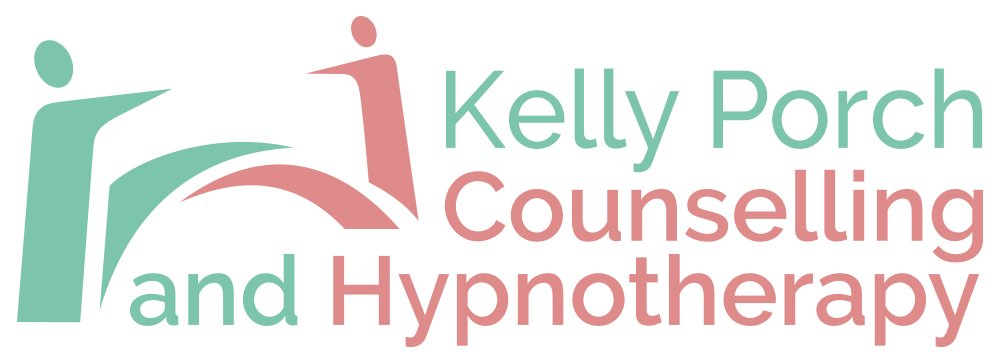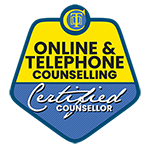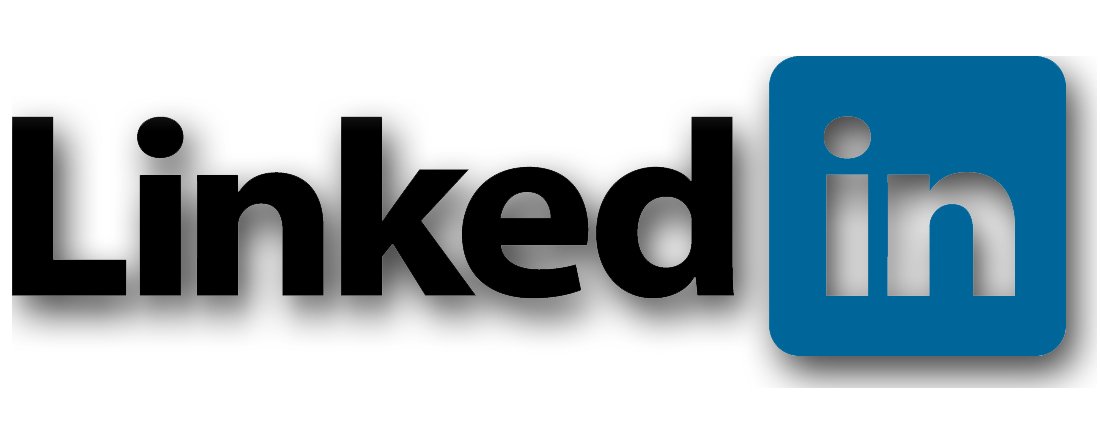Vulnerability - A Strength or Weakness?
The ‘Man in the Arena’ quote by Theodore Roosevelt is one of my favourite quotes of all time as it relates to being vulnerable. The words of Roosevelt really resonate with me and I am privileged to see it in action day in day out in my work and my life generally.
What is the definition of vulnerability?
In her book, ‘The Mood Book’, Andrea Harrn states, “Feeling exposed, unprotected, unguarded and at risk”. She goes on to state the signs of vulnerability as being, “Worrying about something going wrong, feeling out of control, fear of being taken advantage of or being manipulated in some way, not feeling strong enough or good enough to protect yourself – staying under the radar to stay safe”.

When I read these things, I realise that it is no wonder people go to every extreme to avoid vulnerability. Why would we want to risk being taken advantage of? Why would we go above the parapet where it feels unsafe?
I come across many people who define vulnerability as a weakness. I can categorically say that vulnerability is NOT a weakness. I marvel everyday in my work when clients are vulnerable – this vulnerability connects us even more. Every single session that a client is vulnerable is another session where we become more connected. The more connected we become, the more vulnerable the client is able to be. So, is vulnerability really a weakness?
To me, vulnerability is almost like a cost-benefit analysis. It involves risk – no wonder many of us try to avoid it or not show it. Showing vulnerability risks rejection, shame, betrayal, judgement. It might expose us to difficult feelings and emotions, uncertainty of outcomes. HOWEVER, vulnerability is also what makes us human. If we avoid vulnerability because of the risk involved, we are also denying ourselves the potential benefits – love, joy, acceptance, deeper and meaningful relationships and connection. So, many times in my work when I have shown some vulnerability, it has sparked more connection and almost given permission for my clients to be vulnerable themselves. When they do, it is one of the most joyous parts of my job.
I am making this sound easy – be vulnerable, connect with others, take the risk! If you have lived your life so far avoiding vulnerability, or you have been vulnerable in the past and it has significantly hurt you and caused you harm, then it isn’t an easy task to let your guard down and allow people in. I’m not suggesting that you whip that guard away and welcome vulnerability in its entirety straight away. I liken it to analogy of going for a swim.
How many of us have perhaps been on holiday and decide to go for a swim – who jumps straight in? That is vulnerability – the risks of the pool being freezing, getting a shock to the skin of that cold water, hitting the bottom of the pool because you don’t know how deep it is. The benefits of feeling cooled down when you were feeling so hot, the feel of the water on your skin and the calmness of being under the water.
But we can also be more vulnerable in a gradual way. Who likes to ease into the swimming pool? Dipping your toe in to see how cold it is, then sitting on the side dangling your feet and legs in to acclimatise to the temperature of the water. Then easing yourself in up to your waist and then finally taking the plunge of putting your shoulders under.
I wonder what exposing yourself to a little vulnerability might do for you and your life? What could you do to be more vulnerable? The starting point is how you feel about yourself – feel that you are enough and be kind and compassionate. Take a small risk and see what happens.
I will leave you to think on these things but with one final quote from Andrea Harrn – “Nothing can hurt you more than the sound of your own criticism”.
Harrn, A (2019), The Mood Book (Identify and explore 100 moods and emotions), Eddison Books Ltd






